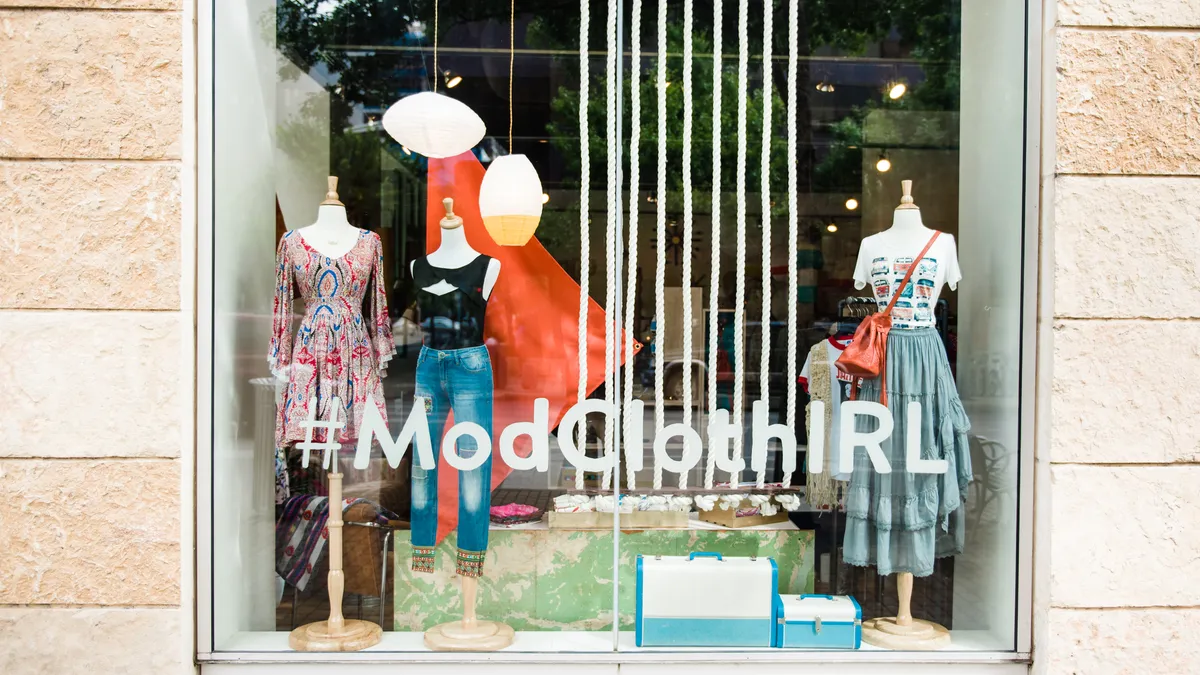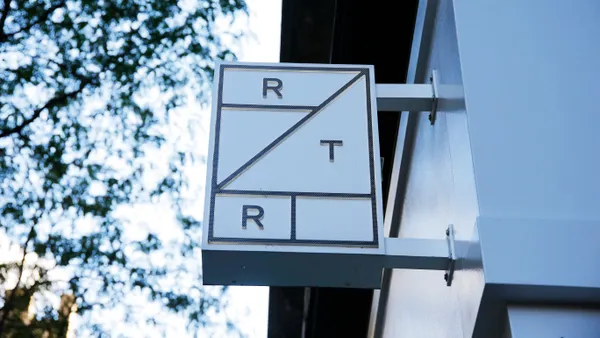Dive Brief:
-
Employees at the retail startups acquired this year by Walmart are getting notice of new benefits packages that, when it comes to health care, could mean thousands of dollars more in out-of-pocket costs, the New York Times reports.
-
The employees are being brought onto the retail giant’s benefit system, a Walmart spokesperson confirmed to Retail Dive, but benefits aren’t necessarily being curtailed when looked at in conjunction with retirement and other benefits.
-
The medical benefits are inferior to many in e-commerce, according to the Times, but the spokesperson said they're in line with most Fortune 500 companies. "We understand that in creating consistency across the business, certain benefits changed," he said. "We regularly benchmark with other companies to ensure we remain competitive, and we are confident that our overall offering will continue to make Walmart, ModCloth and our full family of brands an attractive place to work for people interested in redefining the future of retail."
Dive Insight:
Like many U.S. retailers, Walmart has recently boosted its starting pay and improved its training and advancement opportunities, likely an attempt to compete for workers in a strengthening economy. Target, TJX, Gap and many others have raised wages and ditched Draconian scheduling policies to improve their standing among employees and potential employees and, perhaps, to fight the negative press that those policies often invited.
Labor issues have plagued Walmart over the years, which some observers believe may serve to exacerbate its downmarket reputation. The National Labor Relations Board last year alleged in a complaint that the retailer engaged in several unfair labor practices. Wages and benefits at Walmart have been notoriously low ever since founder Sam Walton launched his "always low prices" premise, with critics pointing out that its workers are eligible for welfare benefits like food stamps and Medicaid, to the tune of $6.2 billion in public assistance each year. And other research has found that wages are lower in counties where a Walmart store operates, especially in the South. (The exception may prove the rule: Most people will find it shocking that a Walmart store in an oil-boom area of North Dakota with a higher-wage market offers a starting wage of $17.40 an hour.)
By contrast, Costco retains the gold standard of retail hourly pay and benefits. The retailer consistently reports happy workers, low turnover and financial success, even in bumpy economic times. Despite the challenging retail environment and increasing pressure from Amazon, the retailer continues to shatter expectations in its sales reports (as Walmart has when it comes to e-commerce).
The e-commerce enterprises that Walmart has gobbled up in recent months have reportedly also introduced something of a culture clash at the company. Employees of Jet and other e-commerce players now owned by Walmart are reportedly grappling with office policy changes like prohibitions on drinking alcohol in the office and even cursing. In February, Walmart bought online outdoor retailer Moosejaw for $51 million in cash, in March announced the acquisition of vintage-inspired online women’s apparel site Modcloth and in June bought menswear site Bonobos for $310 million. This summer there were rumors that Walmart was also interested in acquiring beauty subscription service Birchbox, though both companies have declined to comment to Retail Dive.
While Moosejaw and Shoebuy (bought last year) feature brands that may be sold through Walmart as well as Jet and their standalone sites, vertically integrated Modcloth and Bonobos are destined only for Jet, Ravi Jariwala, senior director of public relations at Walmart.com, told Retail Dive earlier this year. "The plan has been for Modcloth and Bonobos, for some of that product, to be sold through Jet because the demographics they serve are very nicely aligned."
But, as with employee benefits packages, it's onerous to keep a meaningful divide between brands and operations, and that could prove especially challenging for uber-efficient Walmart, according to Keith Anderson, VP of strategy and insights at retail intelligence firm Profitero.
"From a retailing and manufacturing point of view, it’s very hard to operate efficiently under many banners," he told Retail Dive earlier this year. "Everybody goes to one type of store — everybody buys the same item in each category. As time goes on, it is less and less sustainable to support parallel domains, platforms, buying, marketing. This whole industry is built around choice — all of that creates complexity and inefficiency."













